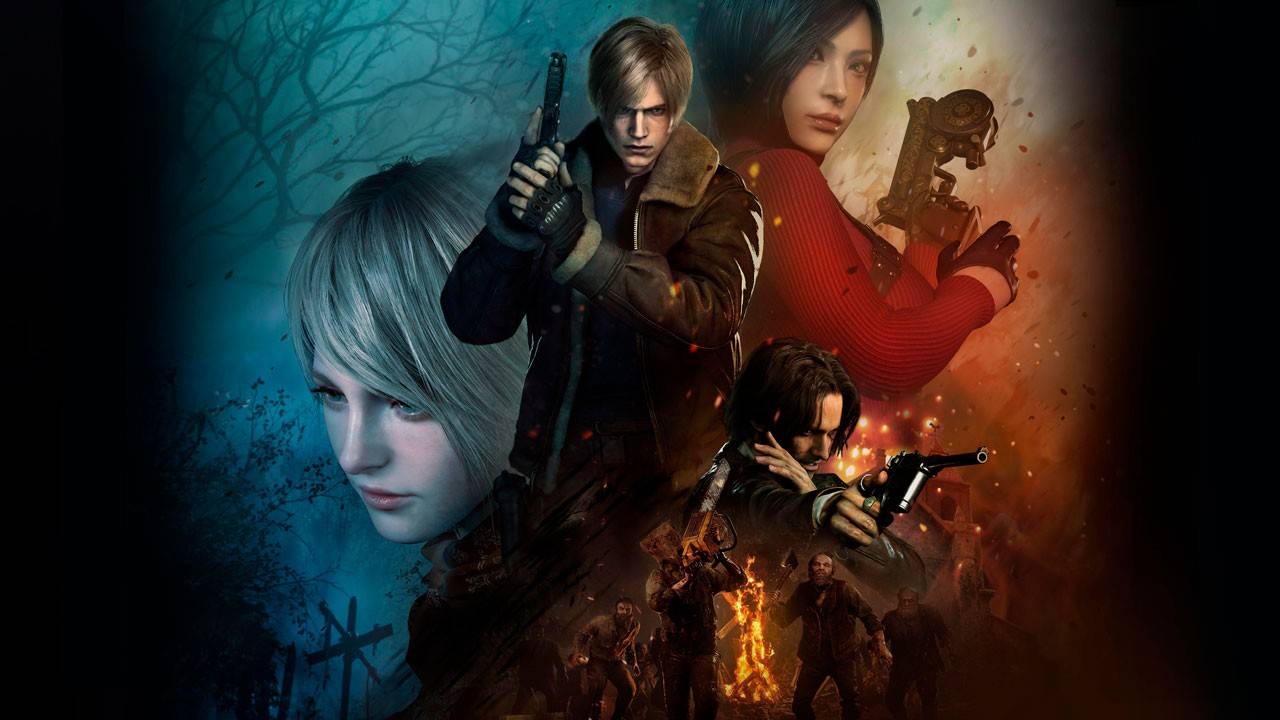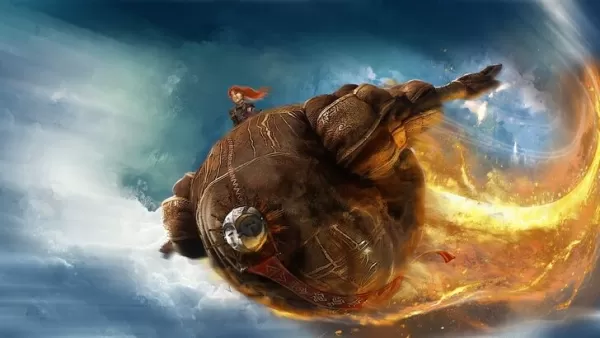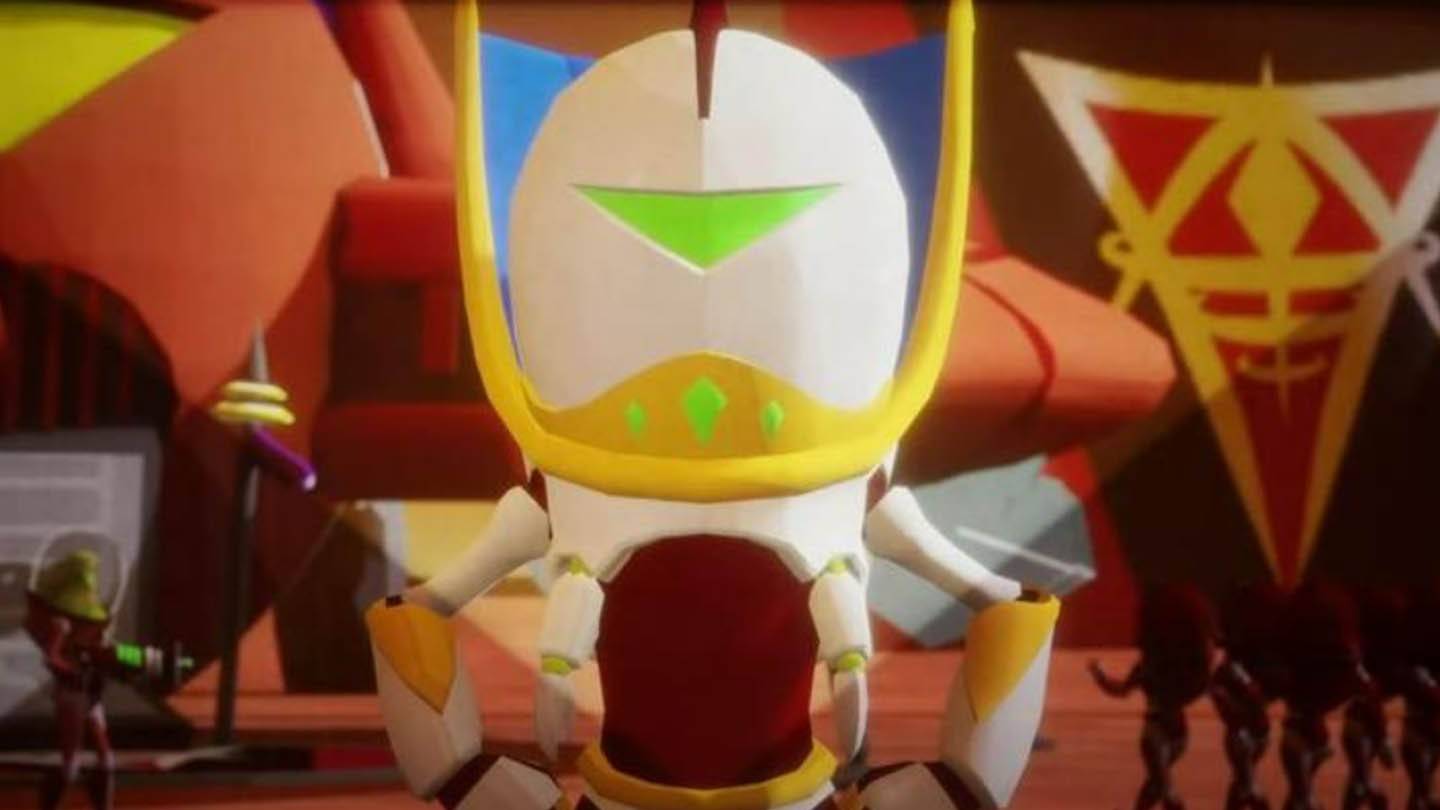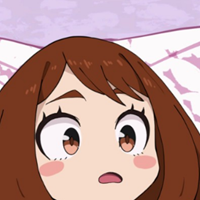
Yasuhiro Anpo, director of the Resident Evil 2 and Resident Evil 4 remakes, revealed that the decision to revisit Resident Evil 2 stemmed from overwhelming fan demand to revitalize the 1998 classic. As Anpo stated, "We realized: people really want this to happen," prompting producer Hirabayashi's simple response, "Alright, we'll do it."
Initially, Resident Evil 4 was considered the starting point. However, discussions led the team to believe that its already high acclaim meant significant changes risked diminishing its near-perfect status. The decision shifted to Resident Evil 2, a title ripe for modernization. To gauge player desires, the developers even studied fan-made projects.
Capcom wasn't alone in its deliberations. Even after two remakes and the announcement of a third, fan concerns persisted, questioning the necessity of an Resident Evil 4 update, unlike its predecessors.
While the 1990s PlayStation originals, Resident Evil 2 and Resident Evil 3, undeniably suffered from outdated fixed camera angles and clunky controls, Resident Evil 4's 2005 release revolutionized the survival horror genre. Despite initial skepticism, the remake successfully preserved the original's essence while significantly enhancing gameplay and narrative.
The remake's commercial triumph and critical acclaim validated Capcom's decision, proving that even seemingly untouchable games can be respectfully reimagined with a creative and thoughtful approach.















